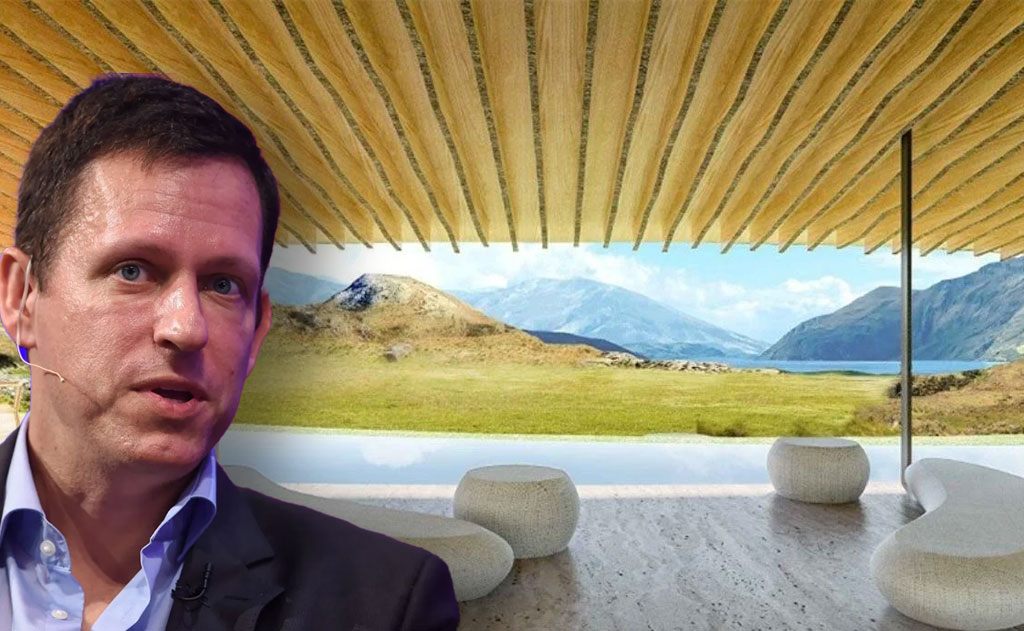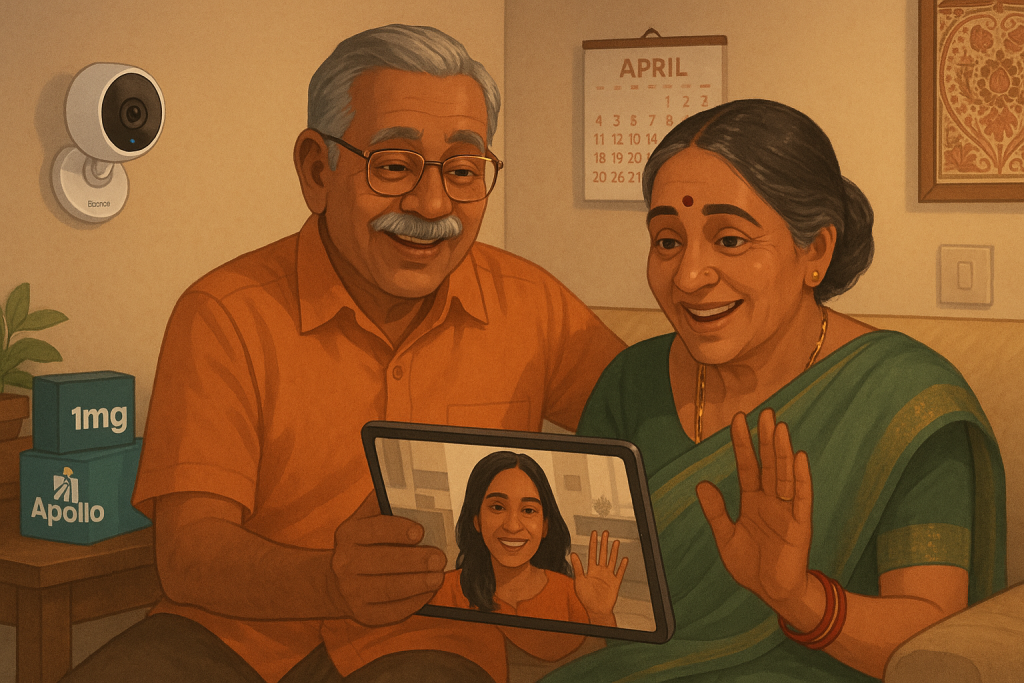USA Student Visa Policy Changes 2025: A New Chapter for International Students

Introduction: A Dream Interrupted
Imagine being Priya, a bright engineering student from India, who has spent years preparing for her dream of studying at a top U.S. university. She secures admission to Stanford, her heart racing with excitement as she imagines walking through its iconic arches. But just as she prepares for her visa interview, she hears the news: the U.S. has paused new student visa interviews. Her dream, once so close, now feels uncertain. This is the reality for thousands of international students in 2025, as sweeping changes to U.S. student visa policies reshape the path to studying in America.
At NRI Globe, we understand how these changes impact students like Priya. The U.S. remains a beacon for global talent, with over one million international students contributing to its academic and economic landscape. But recent policy shifts under the Trump administration have introduced new hurdles. In this SEO-optimized article, we’ll dive into the latest USA student visa policy changes for 2025, blending storytelling with actionable insights to guide students, parents, and universities through this evolving landscape.
The Shifting Sands of U.S. Student Visa Policies
The U.S. has long been a top destination for international students, thanks to its world-class institutions and opportunities like Optional Practical Training (OPT). However, 2025 has brought significant changes to the F-1, M-1, and J-1 visa categories, affecting students worldwide. Let’s explore the key updates and their implications.
1. Pause on New Visa Interviews: A Roadblock for Aspiring Students
On May 27, 2025, the U.S. Department of State, under Secretary Marco Rubio, ordered a global suspension of new visa interview appointments for F-1 (academic), M-1 (vocational), and J-1 (exchange visitor) visas. This pause, initially described as temporary, has stretched into weeks, leaving students like Priya in limbo during the critical May-to-August visa processing period. The move aims to implement enhanced social media vetting, requiring applicants to set their profiles to “public” for consular review.
Impact: With 50% of new international students needing visa interviews to start their Fall 2025 semester, delays could force many to defer enrollment or reconsider studying in the U.S. Universities are now offering late-arrival support letters and deferral options, but the uncertainty is driving some students to explore alternatives like Canada or the U.K.
Story Moment: Priya checks her email daily, hoping for news from the U.S. embassy in New Delhi. Her family has invested everything in her education, but the pause feels like a personal setback. “I just want clarity,” she sighs, scrolling through posts from other anxious students on X.
2. Increased Scrutiny and Visa Revocations: A Climate of Uncertainty
The Trump administration has intensified scrutiny of student visa applications, particularly targeting Chinese students and those in “critical fields” like technology and engineering. Over 300 student visas have been revoked nationwide, with reasons as minor as speeding tickets or social media posts deemed controversial. A new “catch and revoke” policy uses AI to scan social media for activity linked to protests or political dissent, especially targeting students who have supported Palestinian causes.
In a high-profile case, a Turkish Fulbright scholar was detained for co-writing an essay on university divestment from Israel, only to be released after a judge’s intervention. Similarly, a Harvard researcher’s visa was revoked over undeclared frog embryos, highlighting the administration’s strict approach to even minor infractions.
Impact: This heightened scrutiny has created fear among students, with many worried about their social media history or past interactions with law enforcement. Universities like Harvard and Stanford report visa revocations in at least 32 states, prompting legal challenges and calls for due process.
Story Moment: Ahmed, a computer science PhD candidate from Egypt, deletes old tweets about campus protests, unsure if they’ll be flagged. “I came to the U.S. to innovate, not to be watched,” he tells his advisor, who urges him to stay cautious.
3. Proposed Fixed-Term Visa Limits: A Departure from “Duration of Status”
A Department of Homeland Security (DHS) proposal, cleared by the White House in August 2025, seeks to replace the “duration of status” policy for F-1 and J-1 visas with fixed-term limits. Currently, students can stay for the duration of their academic program, but the new rule could cap visas at four years (or two years for students from certain countries like Iran or Nigeria). This would require mid-program renewals, risking delays and gaps in lawful status.
Impact: Higher education institutions warn that this change could disrupt academic progress, especially for PhD students whose programs often exceed four years. NAFSA projects a 30-40% drop in international enrollment, costing U.S. colleges up to $7 billion.
Story Moment: Maria, a Brazilian biology PhD student, learns her five-year program might require a visa renewal halfway through. “If I can’t renew in time, will I lose everything?” she asks her Designated School Official (DSO), who struggles to provide answers amid the uncertainty.
4. Targeted Actions Against Universities and Students
In May 2025, DHS revoked the Student and Exchange Visitor Program (SEVP) certification of a prominent university, citing its alleged ties to the Chinese Communist Party and campus unrest. This move prevents the university from enrolling international students, and a June 4 proclamation banned entry for Harvard students, though a federal judge later blocked it.
Additionally, SEVIS records for thousands of students were terminated in March 2025, often for minor issues like traffic citations. While some records were reactivated after lawsuits, others face re-termination, leaving students vulnerable.
Impact: These actions signal a broader crackdown on universities and students perceived as challenging U.S. interests. The uncertainty is pushing students to reconsider U.S. education, with countries like Malaysia redirecting scholarship students elsewhere.
Story Moment: Li, a Chinese student at a targeted university, watches her friends scramble to transfer schools. “I chose the U.S. for its freedom,” she says, “but now I feel like I’m under a microscope.”
What These Changes Mean for Students and Universities
The 2025 visa policy shifts are part of a broader immigration strategy prioritizing national security and reduced immigration. However, they risk undermining the U.S.’s position as a global education leader. International students contribute $40 billion annually to the economy and have founded 25% of U.S. billion-dollar startups. Policies like these could shrink the talent pool, impacting industries like technology and healthcare.
For students, the changes mean:
- Delays and Uncertainty: The visa interview pause and fixed-term proposals could delay or derail academic plans.
- Social Media Scrutiny: Students must ensure their online presence aligns with U.S. consular expectations, avoiding posts that could be flagged as “hostile.”
- Financial Strain: Deferrals or transfers due to visa issues add costs, especially for students from developing nations.
- Alternative Destinations: Countries like Canada, the U.K., and Australia are gaining traction as safer bets for international education.
For universities, the stakes are high:
- Enrollment Declines: A projected 30-40% drop in international students could strain budgets, as many pay full tuition.
- Administrative Burden: Schools must issue revised I-20s, support late arrivals, or assist with deferrals.
- Legal Battles: Institutions like Harvard are fighting to retain SEVP certification and protect students.
Navigating the New Landscape: Tips for International Students
For students like Priya, Ahmed, Maria, and Li, staying informed and proactive is crucial. Here are practical steps to navigate the 2025 visa changes:
- Stay in Touch with Your DSO: Your Designated School Official can provide guidance on visa delays, deferrals, or SEVIS issues. Document all communications for reference.
- Monitor Social Media: Set profiles to public and review past posts to avoid red flags. Seek legal advice if unsure about content.
- Prepare for Delays: Apply for your visa as early as possible (up to 365 days before your program starts) and explore deferral options if needed.
- Explore Alternatives: Consider universities in Canada, the U.K., or Australia if U.S. visa uncertainties persist.
- Stay Updated: Follow trusted sources like NRI Globe, USCIS, and the U.S. Department of State for real-time policy updates.
The Bigger Picture: A Crossroads for Global Education
The U.S. has long been a magnet for dreamers like Priya, who see its universities as gateways to innovation and opportunity. But the 2025 visa changes signal a turning point. As the administration tightens policies, the U.S. risks losing its edge to competitors like Canada and the U.K., where visa processes are more predictable.
Yet, there’s hope. Legal challenges have already blocked some measures, like Harvard’s enrollment ban, and advocates are pushing for Congressional reforms, such as introducing dual intent for F-1 visas to ease the “return home” requirement. For now, students must navigate this uncertainty with resilience, armed with information and support from communities like NRI Globe.
Call to Action: Are you an international student facing visa challenges? Share your story with NRI Globe at [email protected], and let us help amplify your voice. Stay informed, stay prepared, and keep chasing your American dream.
Keywords: USA student visa 2025, F-1 visa changes, international student visa policy, Trump administration visa rules, social media vetting for visas, SEVP certification, Optional Practical Training, U.S. study visa requirements.
Meta Description: Discover the latest 2025 USA student visa policy changes, including visa interview pauses and increased scrutiny. Learn how these shifts impact international students and get tips to navigate the process with NRI Globe.

 English
English 










































































































































































































































































































































































































































































































































































































































































































































































































































































































































































































































































































































































































































































































































































































































































































































































































































































































































































































